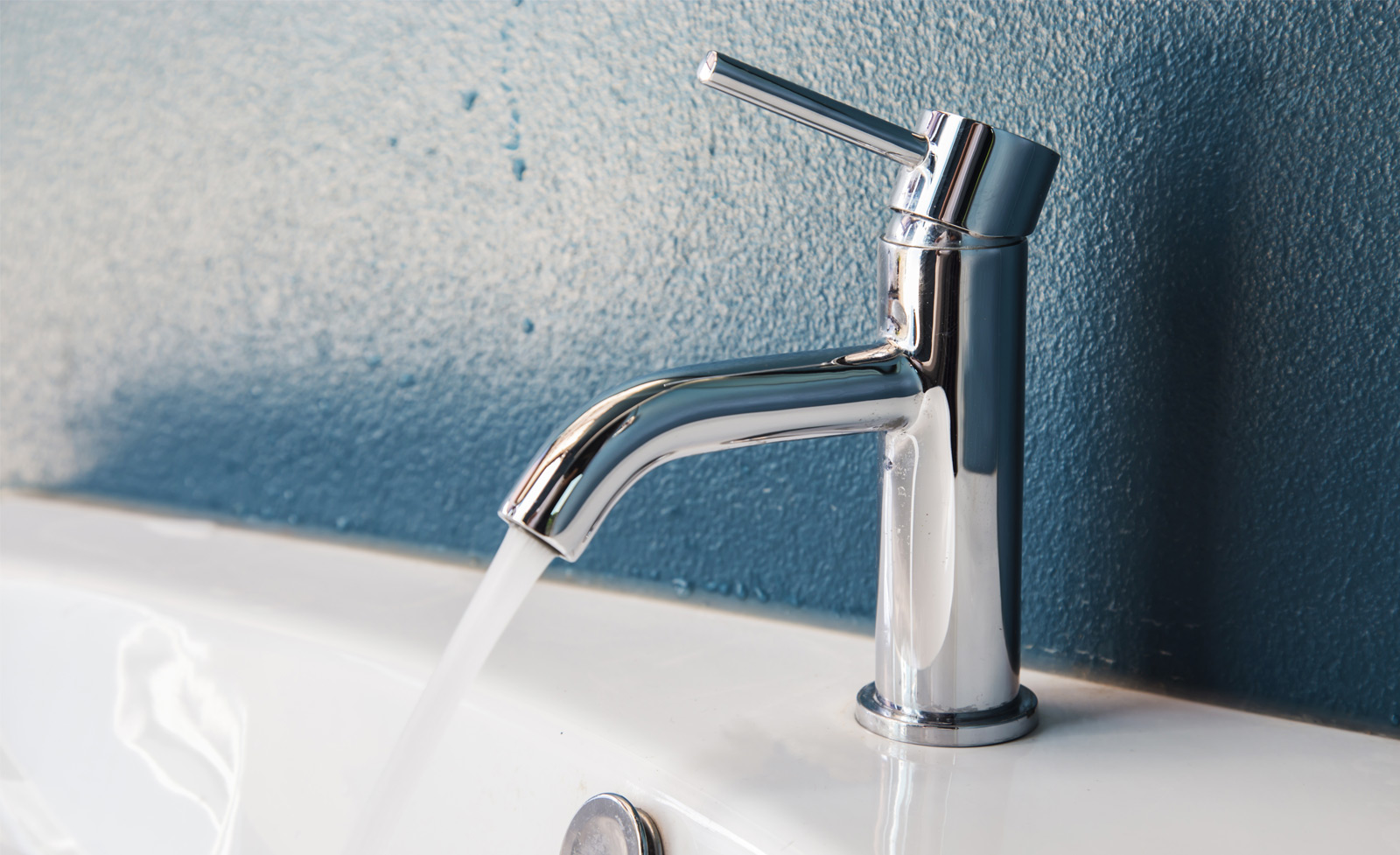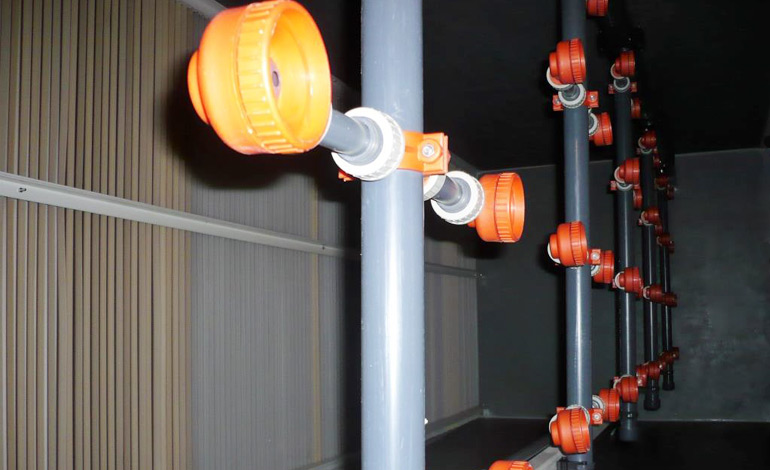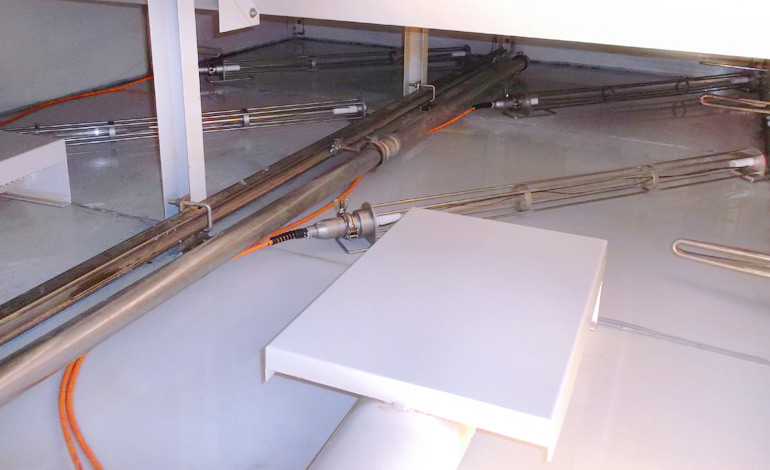Drinking water must be fit for consumption and free from pathogens
Examples from practice
Hygiene for drinking water installations

The task
Hot water systems may, under certain circumstances, promote the reproduction of legionella bacteria, leading to significant risks for human health. This can be avoided if such systems are operated and constructed according to the generally recognised rules of engineering VDI/DVGW 6023.
The challenge
- Essential notes for preventing and monitoring legionella bacteria when planning, building, operating and refurbishing hot water systems in drinking water installations, according to the VDI/DVGW guideline and the DVGW work sheets.
- Complying with the required temperature of 60°C (a minimum temperature of 55°C across the entire hot drinking water system must be ensured at all times) indicated in the DVGW work sheet W 551, for hot water and circulation pipes.
- Operations according to regulations - use of drinking water within 72 hours
- The "3 litre rule"
The solution
- Immediate solution through disinfection of contaminated drinking water installations using suitable FLOWCHEM® products.
- No risk of increased formation of lime scale in hot water systems compared to thermal disinfection.
- Compliance with legal requirements
Benefits for our customers
- Direct hazard prevention and reduction of relevant infectiological risks that
- May lead to disease and death
- Compliance with legal requirements (TVO, DVGW, DIN)
- Low technical expenditure
Hygienic quality of air-conditioning systems

The task
Air-conditioning systems are used for the purpose of replacing interior air as far as this is necessary for hygienic reasons and to remove pollution of interior air, for example caused by hazardous substances that are released by materials or during production processes. Air-conditioning systems have the purpose to ensure well-being of human beings in enclosed spaces and to thus make a vital contribution to maintaining their health and working ability.
The challenge
- Indoor pollution puts a burden on the human body (SBS: Sick Building Syndrome, BRI: Building Related Illness) and as a result it leads to reduced quality of life, reduced working capacity through to an inability to work.
- When germs die, they release “cadaveric poisons” that may cause health problems including tiredness, fatigue and toxic reactions. Microbial processes in ventilation systems can also lead to allergies (e.g. asthma, allergies to mould, etc.), unpleasant odours, extrinsic allergic alveolitis (EAA), etc.
- The VDI guideline 6022 provides for hygiene requirements for the construction, operation and maintenance of ventilation systems, in order to prevent hygiene deficiencies in and on air-conditioning equipment and possible resulting health problems - within the framework of the current state of science and technology.
The solution

- Immediate solution through disinfection of contaminated air humidifiers using suitable FLOWCHEM® products
- Material compatibility of the products
- Bio-degradable, environmentally friendly
- Easy to use and reliable results
Benefits for our customers
- Direct hazard prevention and reduction of relevant infectiological risks that may lead to illness and death
- Compliance with legal requirements
- Repeated use of water at the humidifier stage, low water consumption
- Longer maintenance intervals, less mechanical cleaning